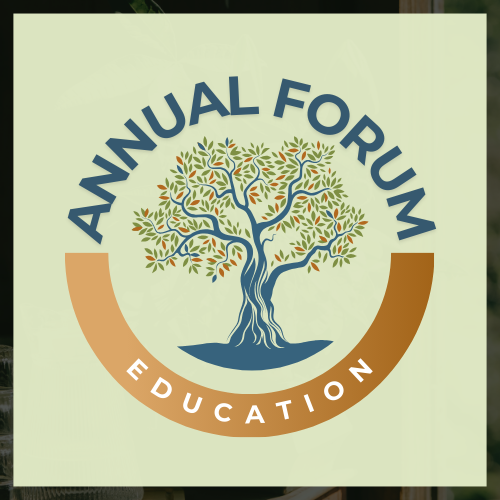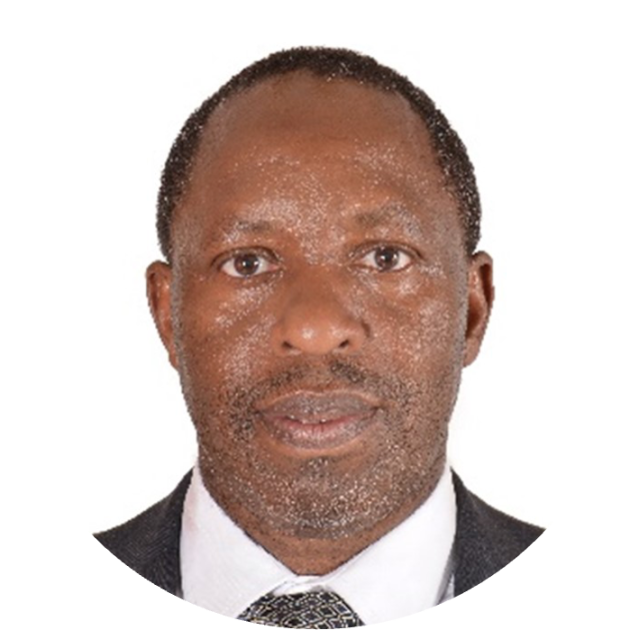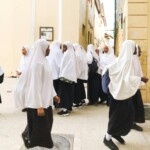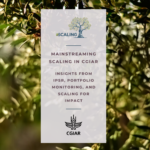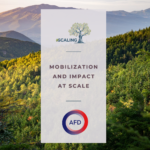
Description
With the 2015 formal approval of the Sustainable Development Goal (SDG) 4.1.1 on education quality, governments are grappling with the most cost effective and sustainable way to measure minimum proficiency levels in reading and mathematics for children in primary and secondary school. A wide array of reading and math testing tools exist, many of which are too expensive for ministries of education to scale at a national level. Moderated by Lisa Slifer-Mbacke, Co-Chair of Education Working Group of the Scaling Community of Practice, the panelists examined challenges and opportunities relating to alignment, measurement, and use of SDG Indicator 4.1.1 in two case study countries: Senegal and Jordan.
Colin Watson focused his presentation on avenues to link national assessments to global standards, introducing the Assessment for Minimum Proficiency Level (AMPL). AMPLs are robust tools to measure the attainment of a single proficiency level (a or b) for reading and mathematics at a given level of the education cycle, identifying those achieving minimum proficiency levels. The AMPL utilizes a learning progression scale with MPL benchmarks at various proficiency levels aligned to key schooling levels, using a pairwise comparison method. ACER conducted studies to determine the efficacy of the approach. The benefits are that it is cheaper and faster than other statistical linking methods; panellist training is simple and does not require extensive preparation; and it can be implemented consistently using an online application.
Alioune Badara Diop shared the history of Senegal’s movement towards testing learning outcomes, utilizing the National System for the Evaluation of School Results, a national assessment of primary grades curriculum assessment. He described how Senegal is looking to create a synthesized reading and math test that can be used to support i) the Ministry of Education’s internal planning, ii) formative assessments for students in grade two for reading and math, and iii) reporting on SDG 4.1.1. USAID is funding their work in developing the synthesized assessment rather than the use of Early Grade Reading Assessments (EGRAs are USAID’s standard approach to support reporting on reading outcomes in grade two). In this way, Senegal hopes to create a test that is sustainably scalable.
Ibtisam Ayoub shared Jordan’s experiences with participating in the regional benchmarking process led and supported by the UNESCO Institute for Statistics to coordinate the SDG 4 reporting effort. While the benchmarking has supported reporting against many of the SDG 4 indicators, inclusive of setting benchmarks for SDG 4.1.1 math and reading proficiency levels at the end of primary, Jordan currently has no data for this level of education nor for the early grades. Jordan continues to rely on Progress in International Reading Literacy Study (PIRLS) to solve the gap.
Dr. Charles Onduso Obiero wrapped up the session by highlighting the importance of MEL efforts in supporting reporting. The discussion was dynamic and presented the crux of the challenge in terms of scaling cost-effective learning assessment approaches to report on SDG 4.1.1, while sharing critical examples of tools and approaches to reporting. The speakers provided food for thought in many ways on how countries navigate global standards for monitoring quality in learning.
|
|
|
|
|

